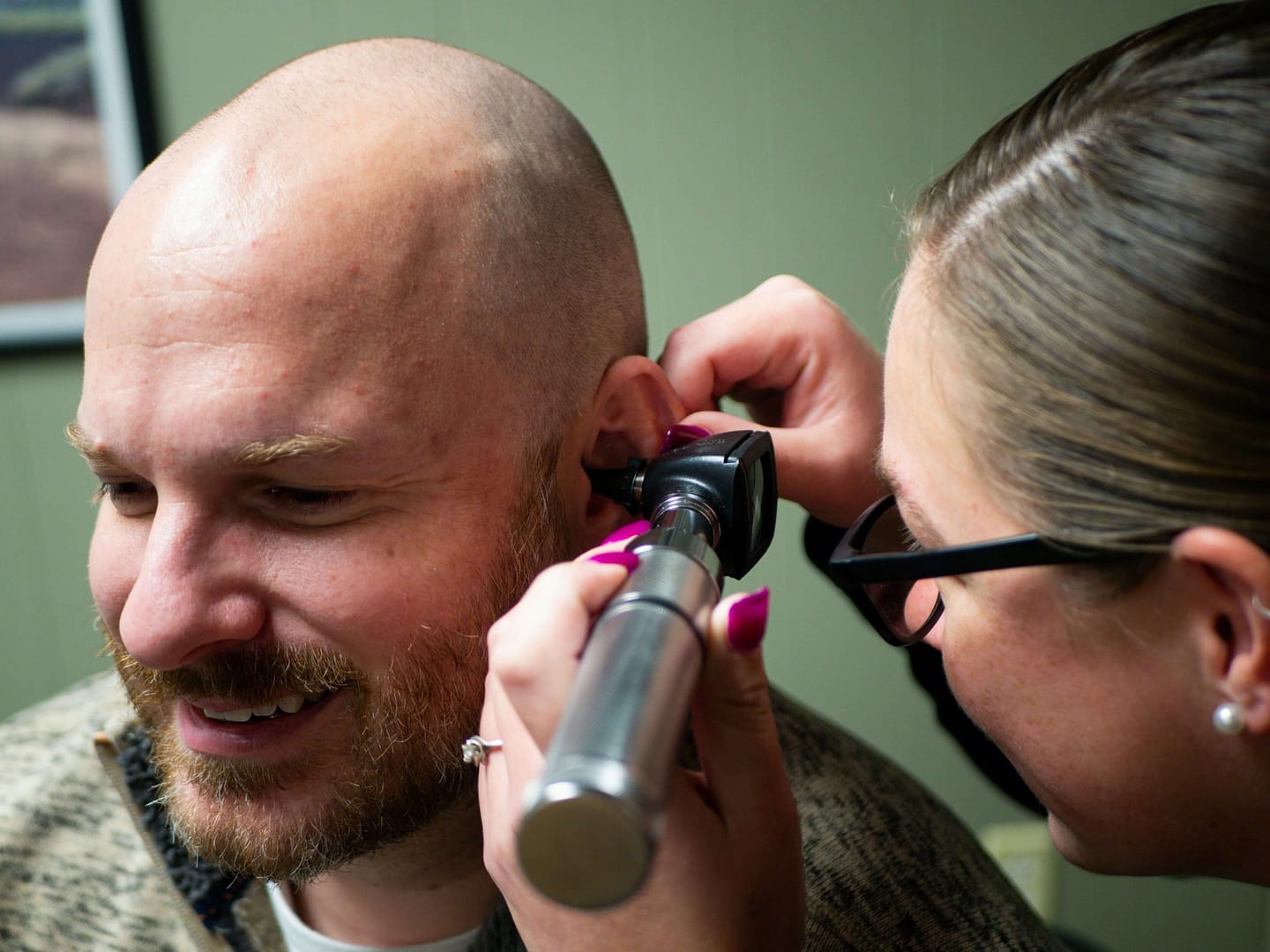Car accidents can be stressful, confusing, and costly. Determining who is at fault is crucial for securing compensation, especially in the UK, where car accident fault determination rules UK guide the claims process. Whether you’re dealing with minor vehicle damage or serious injuries, gathering the right evidence is key to proving fault and getting the compensation you deserve. In this guide, we’ll walk you through the essentials of proving fault, explain how much compensation you can claim, and answer common questions. Plus, we’ll show how National Claims can connect you with experienced solicitors to support your case.
Why Proving Fault Matters
In the UK, fault determines who pays for damages, injuries, and other losses after a car accident. According to car accident fault determination rules UK, the driver responsible for the accident is liable for compensation. This could cover repairs, medical bills, or lost income. However, proving fault requires solid evidence, as insurance companies and courts rely on facts, not assumptions. Without clear proof, your claim could be delayed, reduced, or even rejected.
Fortunately, National Claims can help. They’ll put you in touch with experienced solicitors who specialise in car accident claims, ensuring your case is handled professionally from start to finish.
Essential Evidence to Prove Fault
To build a strong case, you need evidence that clearly shows the other driver’s negligence. Here’s what you should gather:
1. Police Reports
If the police attend the accident scene, they’ll create a report detailing the incident. This document is highly valuable as it includes professional observations, witness statements, and any driving offences noted (e.g., speeding or running a red light). You can request a copy of the police report from your local police station, as outlined on gov.uk.
2. Witness Statements
Independent witnesses can provide unbiased accounts of the accident. Collect their contact details and ask them to describe what they saw. Solicitors can later take formal statements to strengthen your case. For example, a pedestrian who saw the other driver ignore a stop sign could be a game-changer.
3. Photos and Videos
Visual evidence is powerful. Take photos of the accident scene, including vehicle damage, road conditions, traffic signs, and skid marks. Dashcam or CCTV footage is even better, as it captures the incident in real time. According to a 2023 BBC News report, dashcam evidence is increasingly used in UK courts to settle disputes.
4. Medical Records
If you’re injured, seek medical attention immediately. Your medical records will link your injuries to the accident, serving as evidence for personal injury claims. Keep receipts for treatments, prescriptions, or travel to medical appointments, as these costs can be claimed.
5. Vehicle Damage Reports
A mechanic’s report or insurance assessment of your vehicle’s damage can show the impact’s severity and direction, helping to reconstruct the accident. This supports your version of events and proves the other driver’s fault.
6. Highway Code Violations
The UK Highway Code sets out rules all drivers must follow. If the other driver broke these rules (e.g., failing to yield or overtaking unsafely), your solicitor can use this to prove negligence. The Highway Code is available on gov.uk.
By gathering this evidence, you’ll have a strong foundation for your claim. National Claims can connect you with solicitors who know how to present this evidence effectively to secure the compensation you’re entitled to.
How Much Compensation Can You Claim?
Compensation amounts vary depending on the accident’s impact. In the UK, compensation is split into two categories: general damages and special damages.
- General Damages: These cover pain, suffering, and loss of quality of life due to injuries. For example, a broken arm might result in £6,000–£12,000, while severe spinal injuries could lead to £90,000 or more, based on Judicial College Guidelines.
- Special Damages: These reimburse financial losses, such as:
- Vehicle repairs or replacement
- Medical expenses (e.g., physiotherapy or surgery)
- Lost earnings if you can’t work
- Travel costs for medical appointments
To get an accurate estimate, contact National Claims. Their network of solicitors will assess your case and calculate the compensation you’re owed, ensuring no loss is overlooked.
Steps to Take After a Car Accident
Acting quickly and correctly after an accident can make or break your claim. Here’s what to do:
- Stop and Stay Safe: Unless it’s unsafe, stop your vehicle and turn on hazard lights. If necessary, move to a safe location.
- Exchange Details: Share names, contact info, and insurance details with the other driver. Don’t admit fault, as this could harm your claim.
- Gather Evidence: Take photos, collect witness details, and note the time, location, and weather conditions.
- Report to Police: If someone is injured or the other driver flees, report the accident to the police within 24 hours.
- Notify Your Insurer: Inform your insurance company promptly, even if you’re not at fault.
- Seek Legal Help: Contact National Claims to connect with experienced solicitors who will guide you through the claims process.
FAQs About Car Accident Claims
1. How long do I have to make a claim?
You generally have three years from the accident date to file a claim, as per UK law. However, it’s best to start sooner to ensure evidence is fresh.
2. Can I claim if I was partly at fault?
Yes, you can make a split liability claim. Compensation is reduced based on your share of blame (e.g., if you’re 30% at fault, you get 70% of the award).
3. What if the other driver is uninsured?
The MIB can compensate you for injuries and losses caused by uninsured or untraceable drivers. Your solicitor can handle the MIB claim process.
4. How long does a claim take?
Simple claims where fault is clear may settle in a few months. Complex cases with disputed liability or serious injuries can take 12 months or more.
5. Will I have to go to court?
Most claims settle out of court. If court is needed, your solicitor will represent you and present your evidence.
Why Choose National Claims?
Navigating car accident fault determination rules UK can be daunting, especially when you’re recovering from an accident. National Claims makes the process stress-free by connecting you with experienced solicitors who specialise in car accident claims. They work on a No Win, No Fee basis, meaning you pay nothing unless your claim succeeds. With their expertise, you’ll have the best chance of proving fault and securing fair compensation.
Conclusion
Proving fault in a UK car accident requires clear evidence like police reports, witness statements, and photos. By following car accident fault determination rules UK and acting quickly, you can build a strong case and claim compensation for injuries, repairs, and other losses. Whether you’re facing a minor fender-bender or a serious collision, National Claims is here to help. Their trusted solicitors will guide you every step of the way, ensuring you get the justice and compensation you deserve.
Ready to start your claim? Contact National Claims today for a free consultation and take the first step towards recovery.
Contact National Claims today, and we will put you in touch with an expert solicitor who can guide you through the claims process.📞 Call us now free 0800 029 3849 or 📩 Submit an online enquiry to speak to our team. Your safety and well-being matter, and we’re here to help.

We’re proud of our excellent customer reviews
We thrive on delivering exceptional service and ensuring our clients’ satisfaction. Don’t just take our word for it. Check out some of our independent reviews to see what our clients have to say.
Excellent

This firm is excellent, they sorted out my car pay out and injury claim very fast, they always communicate with you all the time.

My accident case was dealt with confidence and with great result of the outcome, especially James kept me informed all the time.

I was very impressed at the way my inquiry was treated. I was listened to attentively and everything I needed to know was explained to me.






